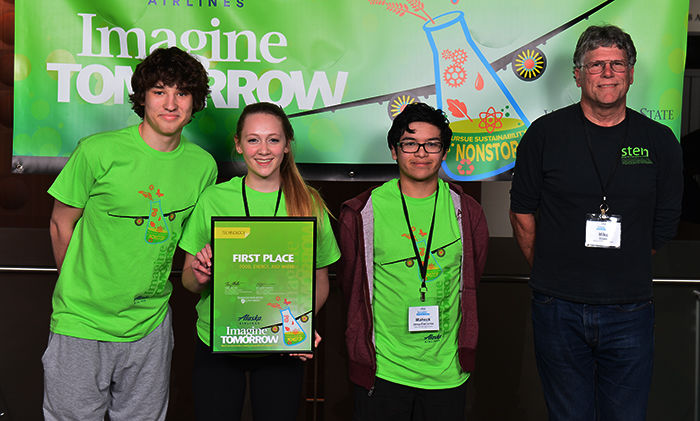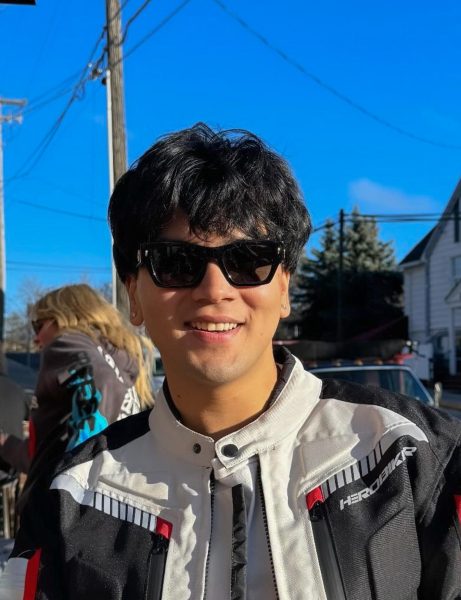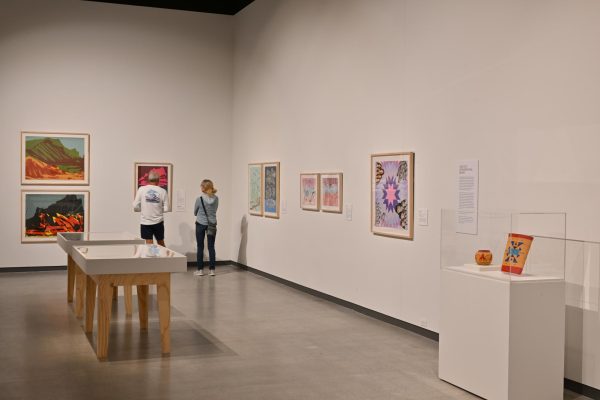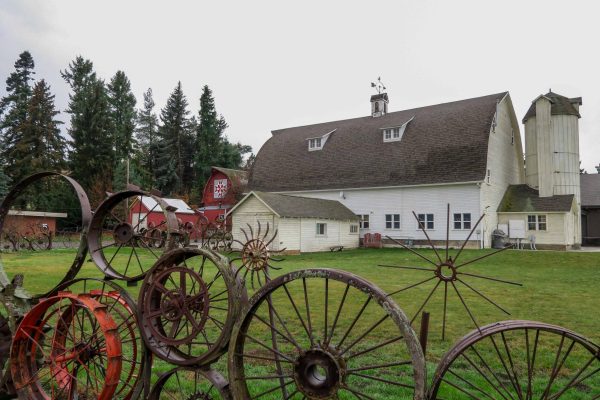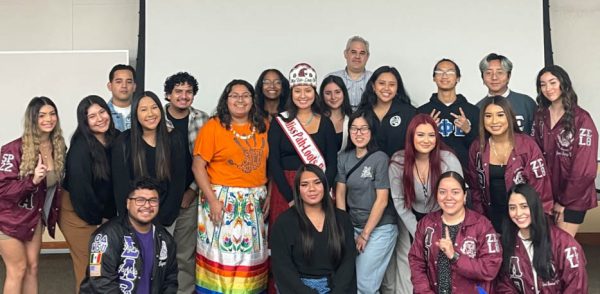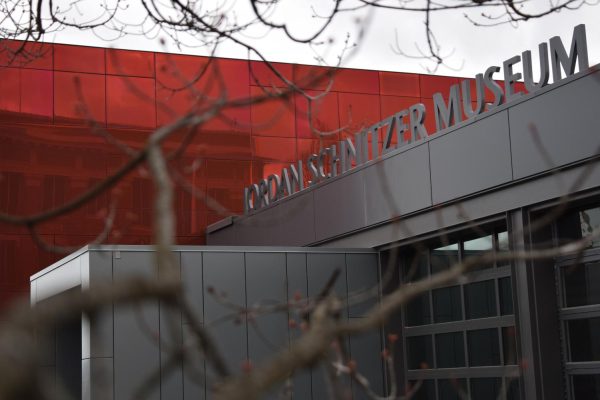High school students to imagine the future of sustainable energy
Tesla STEM High School students won Imagine Tomorrow’s Food and Energy challenge in 2016. Participants made a device to help disinfect solar water.
May 17, 2017
For 10 years, high school students across the state and the Pacific Northwest have been given the opportunity to imagine the future. Imagine Tomorrow — a STEM-focused sustainability competition WSU hosts every year — will celebrate its 10th anniversary this weekend.
M. Grant Norton, founder of Imagine Tomorrow, is a professor with the Voiland College of Engineering and Architecture and is the dean of the Honors College.
“We wanted to get high schoolers to think about how they can be a part of the big challenges we face in society,” Norton said, “and show them that even though they are early in their careers, they can make a difference in their school, their community, their state and beyond.”
The competition is held in the middle of May. Students work in teams of three to five, register their teams and start their projects in fall or early spring.
“Initially, when we started the competition, the whole focus was on sustainability and energy technology,” Norton said. “We really wanted students to see how there were lots of different ways to work together to create a sustainable future.”
The competition has evolved into four distinct challenges students can choose from to start a project. The Food, Energy and Water challenge focuses on how those components are interconnected, while the Boeing Aerospace challenge, the Biofuels challenge and the Built Environment challenge emphasize sustainability in buildings.
The competition’s title sponsor is Alaska Airlines, but other companies such as Boeing, McKinstry, Intron, Seattle City Light, Puget Sound Energy and various alumni are also sponsors.
Money from sponsors helps to fund the prizes. First place includes $300 per student and $1,500 for the school. There are also prizes for schools new to Imagine Tomorrow, in addition to prizes for Innovation, Likelihood to Succeed in the Marketplace and Community Impact.
“All of the money that comes in from the company is fed back into the schools, the school district, the teachers,” Norton said.
The students are judged on the presentations they set up, and the judges come from companies like Boeing, government agencies and nonprofits. This year, 400 students are participating in 113 teams with over 100 judges.
One year, students set up a house on the Glenn Terrell Friendship Mall as part of the presentation, and another team removed the engine of a Toyota Camry to turn it into a battery powered car, also demonstrated on the Mall, Norton said.
“When we look at some of the challenges that we face, some of them are enormous. But many of them can be broken down into smaller components, where people can make important contributions as individuals and as communities,” Norton said. “String all of those individual contributions together, and you could end up with a solution to a big problem.”
Imagine Tomorrow will begin at noon Friday and will conclude Saturday evening.


